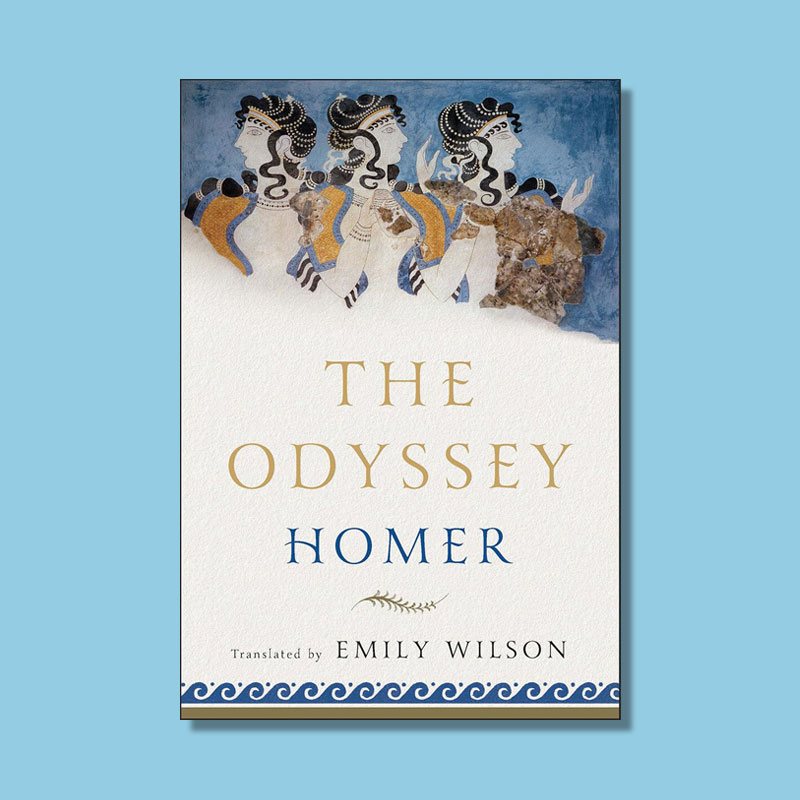Where did the term "flea market" come from? | | The rumor of a flea-infested Parisian bazaar may have inspired the universal name for secondhand markets. | |  | Rachel Gresh |
|
| |  | | I love a good flea market. The thrill of perusing stalls of vintage clothing and finding quirky knickknacks and long-forgotten books is a favorite weekend pastime. While I've walked away with some knockout finds — including my favorite reading chair — I've never had the misfortune of encountering the tiny pests mentioned in the market name. So, where did the term "flea market" come from, and does it have anything to do with real fleas?
The origin of the "flea market" title remains somewhat of a mystery, though the etymology almost certainly traces back to the French marché aux puces, meaning "market of fleas." But how did a market of secondhand treasures earn such an unseemly name? The most likely tale points to a bargain hunter who declared Saint-Ouen market — the largest outdoor bazaar in 1880s Paris — "le marché aux puces." The market, lined with stalls of upholstered furniture and pre-owned clothing, seemed a natural place for nuisance insects to take up residency, and the eccentric moniker stuck.
This anecdotal etymology is supported by historical references, including an early-20th-century mention in G.S. Dougherty's book In Europe: "It is called the 'Flea' Market because there are so many secondhand articles sold of all kinds that they are believed to gather fleas." According to the Oxford English Dictionary, this is the oldest recorded mention of the English name.
A second, less on-the-nose theory points to mid-19th-century street renovations in Paris. As boulevards were widened, displaced shop owners lost their storefronts and were forced to "flee" to outdoor market stalls. This theory contends that the markets were initially called "flee markets" in English, and the spelling morphed into "flea."Regardless of which theory you subscribe to, "flea" and "flee" might be linked by an earlier linguistic root. Some etymologists believe both derive from an Old English word, fleon, meaning "to flee." This could explain how the name of a tiny jumping insect came to be associated with quick movement and, eventually, the bustling outdoor markets that they (allegedly) call home.
In any case, by the time secondhand markets became mainstream in the U.S. in the 1960s, the name "flea market" had lost much of its negative connotation. Today, no one, myself included, seems to bat an eye while purchasing antiques from a so-called "flea" market, a testament to the evolution of language (and love for a good bargain hunt). |
| | Continue reading | |  |
| |
| | Thanks for supporting our sponsors! They help keep Word Smarts free for everyone. | |
Emoji Decoded | |  | | Face with Peeking Eye | | | Meaning: Shows a face with one eye covered and the other peeking through fingers, suggesting curiosity or hesitation to look.
Evolution: As one of the newer smiley emojis added in 2022, 🫣 quickly became popular for expressing "can't watch but can't look away" moments of embarrassment, fear, or curiosity.
Usage: [Text about reality TV drama:] Me watching the reunion episode 🫣 |
|
 | | Face with Peeking Eye | | | Meaning: Shows a face with one eye covered and the other peeking through fingers, suggesting curiosity or hesitation to look.
Evolution: As one of the newer smiley emojis added in 2022, 🫣 quickly became popular for expressing "can't watch but can't look away" moments of embarrassment, fear, or curiosity.
Usage: [Text about reality TV drama:] Me watching the reunion episode 🫣 |
|
| |
Have you read? | |  | | The Odyssey | | By Homer, Translated by Emily Wilson | | Homer's "The Odyssey" is entrenched in the cultural consciousness, but how many people have read the epic poem in full? You should take the time with Emily Wilson's 2018 translation. This version in iambic pentameter preserves the lyrical storytelling legacy of "The Odyssey" while putting it into more modern, plain-text language. It's also one of the only translations done by a woman, and many reviews praise Wilson's work for stripping out centuries of accumulated overtones of Christianity and sexism, returning it to Homer's original intent. | | | | Jennifer A. Freeman, Word Smarts Senior Editor | | | | We independently evaluate all recommended products and services. If you click on links we provide, we may receive compensation. |
|
 | | The Odyssey | | By Homer, Translated by Emily Wilson | | Homer's "The Odyssey" is entrenched in the cultural consciousness, but how many people have read the epic poem in full? You should take the time with Emily Wilson's 2018 translation. This version in iambic pentameter preserves the lyrical storytelling legacy of "The Odyssey" while putting it into more modern, plain-text language. It's also one of the only translations done by a woman, and many reviews praise Wilson's work for stripping out centuries of accumulated overtones of Christianity and sexism, returning it to Homer's original intent. | | | | Jennifer A. Freeman, Word Smarts Senior Editor | | | | We independently evaluate all recommended products and services. If you click on links we provide, we may receive compensation. |
|
| |
|
![]()
![]()
![]()
![]()
0 Comments:
Post a Comment
<< Home